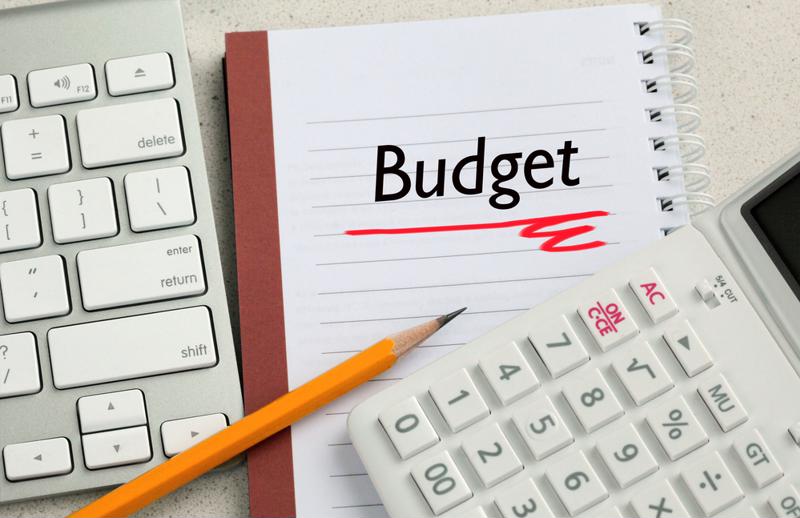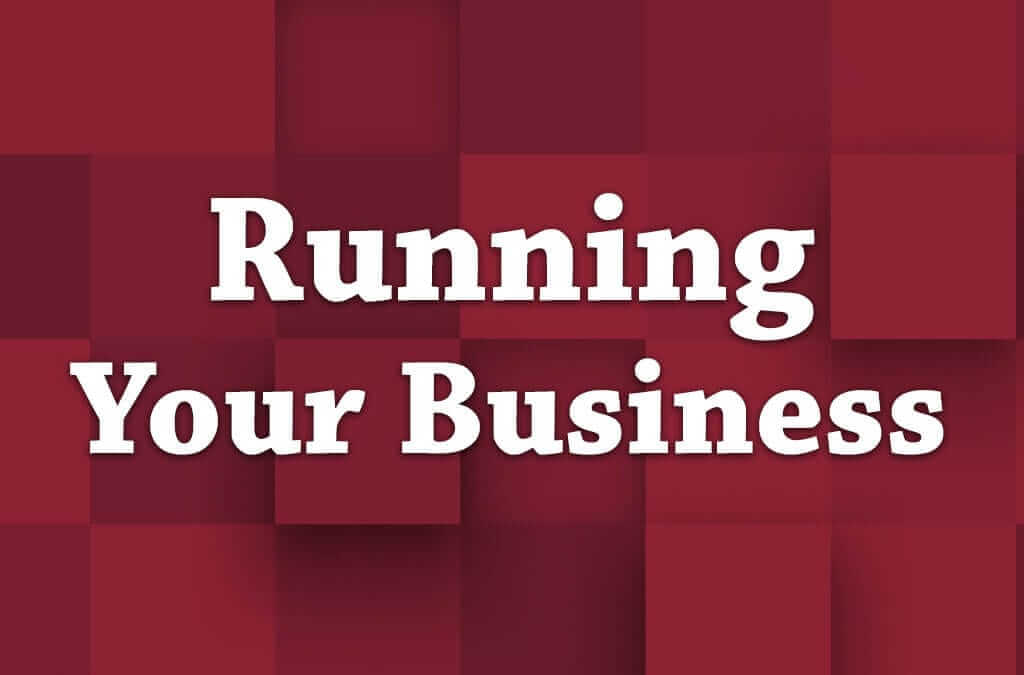Even though you're no longer in school, education is never over. The working world provides countless opportunities for you to sharpen your skills and learn new ones to help improve your business. Throughout the year, there are plenty of meetings and conferences where you can meet peers in your industry, learn new techniques and promote your own company. With various seminars, workshops and conventions coming up this month, you'll need to ensure you're prepared before you take off.
"Plan your schedule around the presentations that will help you the most."
1. Determine your goals
You didn't get this far in your business ventures without making plans. The same goes for conferences. To be able to get the most out of the meetings you attend, you need to decide your purpose in going, Mind Tools explained. Is there a specific skill or technique you're hoping to learn? Are you trying to build relationships with others in your field? Maybe you're looking for suppliers and vendors to get your business off the ground or that offer competitive prices. Whatever it is, you need to know your objectives before you arrive so that you aren't wandering around trying to catch a glimpse of everything. Before going, determine which areas in your own business need improvement. You'll then be able to plan your schedule around the presentations that will help you the most.
2. Do your research
Conferences are the perfect places to meet people who have thrived in their positions and who can help you improve your own business. Networking helps you connect with professionals you wouldn't have had the chance to meet otherwise. However, you can't know who to talk to if you don't do your research, according to Small Business Trends. If you know who's going, perform a Google search, check their social media pages and explore their companies' websites. You'll know who you want to speak with if you stay informed about the industry. Keynote speakers and presenters are also great sources for you to gain further insight into running a business.
3. Establish a budget
As useful as conferences are, they aren't exactly inexpensive. Depending on where the meeting is located, you'll need money for traveling, food, the hotel and other miscellaneous expenses. While these conferences can be helpful, they will need to be worked into your financial plan. You'll also require cash beforehand to get your materials ready for your booth and networking, Mind Tools explained. You'll need business cards to hand out when you meet new people, and they'll be great to hand out with brochures and giveaways to drum up business. Your budget should account for these types of expenses.
 Conferences require money, which means you'll have to budget for them.
Conferences require money, which means you'll have to budget for them.5. Set up your booth
Conferences generally have vendors showcasing their skills and services in booths. However, if you don't plan, yours could blend in with the rest, Entrepreneur claimed. You can start boosting awareness by using the company's social media accounts to announce your presence at the meeting. Use hashtags to share your experiences, upload photos of the seminars you attend and mention speakers and other businesses that you've listened to or met with. You can also get your booth some attention by using a standing banner instead of one that hangs on your table. This way, it'll stand above the crowd as opposed to being blocked by the masses.
You can learn a plethora of information to help you become a better business owner. By networking and attending seminars, you'll be able to make connections and potentially gain new clients, ideas and vendors to help make your company a success.

